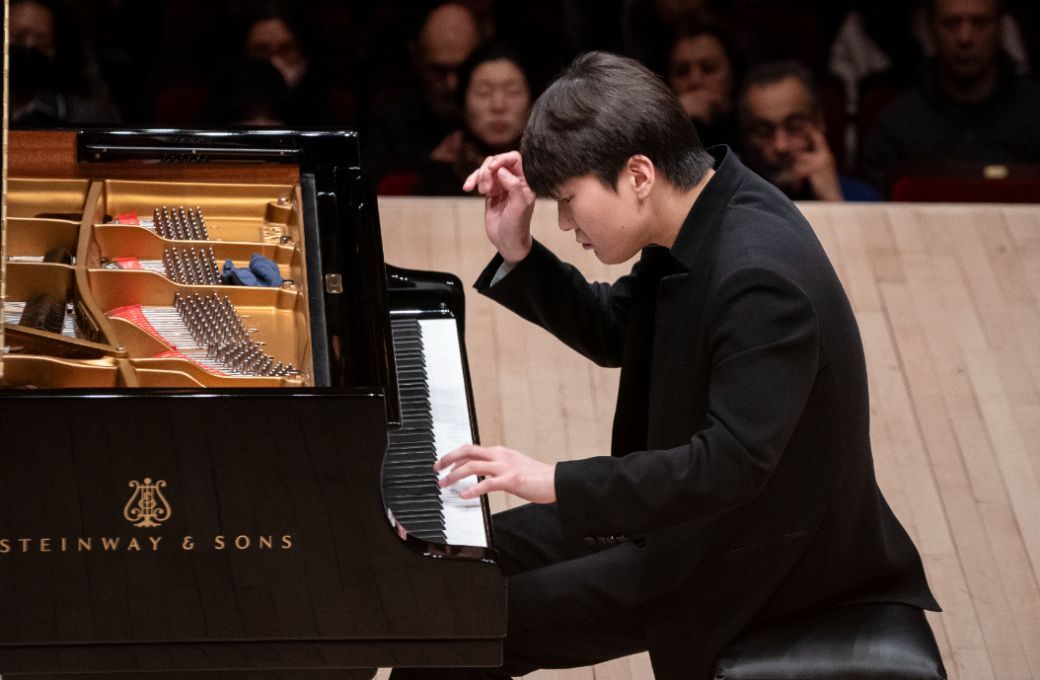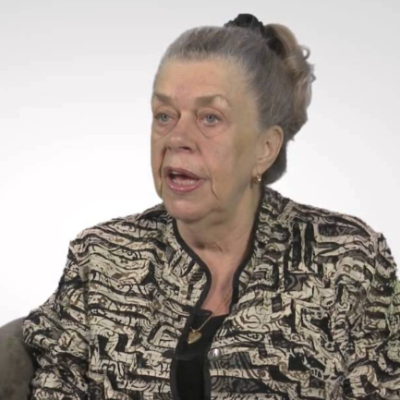A decade after winning the 2015 International Chopin Competition, Seong-Jin Cho is turning his attention to Ravel. To celebrate the composer’s 150th birthday, the Seoul-born, Berlin-based pianist recently embarked on a tour of Europe and the United States. After concerts in Vienna and Boston, he achieved a daring tour de force at Carnegie Hall: a recital of the composer’s complete works for solo piano, in chronological order and from memory, all in one concert program. Hearing Cho, with his impeccable technique and acute musical sensitivity, play the whole of this magnificent repertoire over the course of a single evening, deepened one’s appreciation of the beauty and originality of Ravel’s pianistic oeuvre.

The opener was the rarely heard Sérénade grotesque. Written when Ravel was 18 but not published until nearly four decades after his death, the three-minute piece with its strong rhythms, harmonic surprises and guitar-like arpeggiated chords already bears the composer’s personal stamp. Cho dispatched this and the other miniatures on the program – Prélude, the two character pieces in the styles of Alexander Borodin and Emmanuel Chabrier, and the touching Menuet sur le nom d’Haydn – each lasting under two minutes, with remarkable precision and clarity. His nuanced interpretation of the popular Pavane pour une infante défunte, originally composed for piano but better known in its orchestral form, was poetically rendered without being overly slow or sentimental. In Jeux d’eau, inspired by Liszt’s Les jeux d’eau à la Villa d’Este, Cho’s crystal-clear articulation vibrantly conjured up images of the playful splashing waters.
After the first intermission, the pianist grappled with two of Ravel’s most famous keyboard compositions, Miroirs and Gaspard de la nuit, infusing them with grace and emotion while maintaining their predominantly somber mood. His brilliant traversal of the Spanish dance rhythms in the fiendishly difficult Alborada del gracioso movement of Miroirs was one of the evening’s highlights. In Le Gibet (Gaspard) he sustained the final chime of the slow, repeated ominously tolling bell before launching almost immediately into an exciting and extravagant take on Scarbo, making the portrait of the mischievous goblin seem even more nightmarish.
The evening’s final third included a captivating performance of the lyrical Valses nobles et sentimentales. Worlds apart from the “fantastic and fatal whirling” Ravel would evoke in his postwar La Valse, the lilting rhythms of the 1911 cycle, are all innocence and nostalgia. Cho skillfully managed the music’s shifts in mood, perfectly capturing its subtle inflections and delicate interplay between gracefulness and dissonance, while never forgetting to make it dance.
Cho brought energy and elegance to the melancholic Le Tombeau de Couperin, Ravel’s tribute to friends who died in World War 1 and to Baroque composer François Couperin. He shaped the second movement Fugue with uncommon delicacy, and the snappy dance rhythms of the Rigaudon with poignance and polish, but it was his dazzling account of the fiery and final Toccata, its rapid, repeated notes delivered with astonishing clarity, that most impressed and served as the grand finale to this ravishing three-hour concert.


